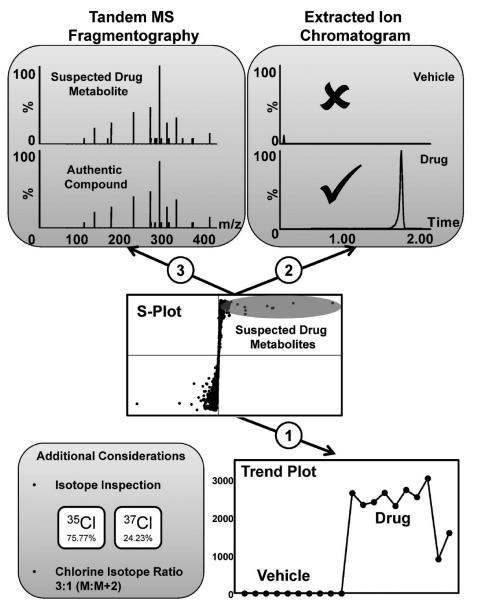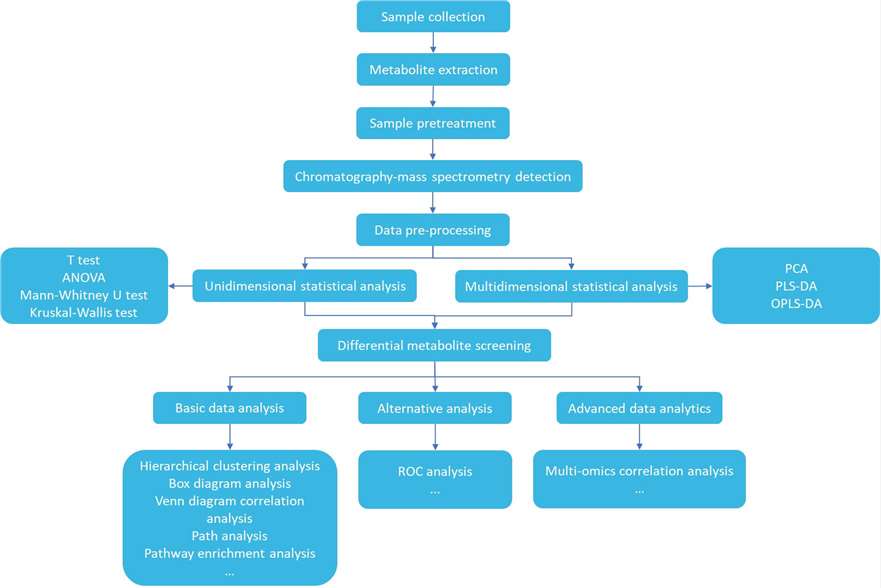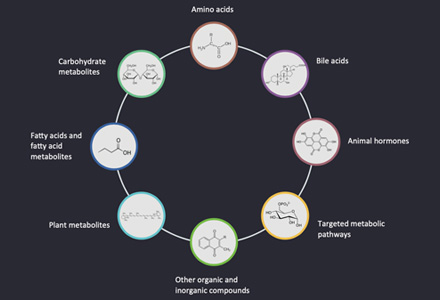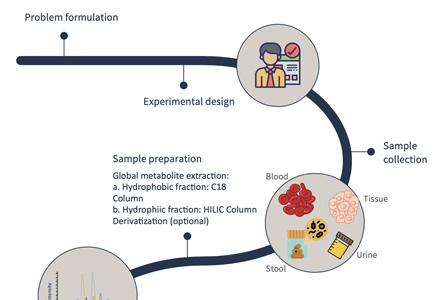Xenobiotics are a number of chemicals that are foreign to animal life, including plant components, drugs, pesticides, food additives, and environmental pollutants. Xenobiotics can interact with tissues and extracellular components in complex ways, from gene expression to protein translation and even biochemical regulation of the entire cell. In such cases, the composition of biomolecules undergoes detectable changes at multiple levels.
Xenobiotic metabolites can be directly metabolized by metabolic enzyme metabolism in vivo. Studying how metabolism of exogenous metabolites occurs in the body helps us to accelerate drug discovery and toxicology studies. In drug discovery, it is helpful to understand the metabolites of a drug for the study of the mechanism of action of the drug. In addition, metabolism can cause undesirable side effects, so understanding the metabolism of various chemicals is also important in the field of toxicology. Many drugs exert their toxic effects by interacting directly with genetic material or by inducing the synthesis of drug metabolizing enzymes to produce toxic products. However, considering only genomic and proteomic changes is not an effective predictor of drug toxicity. All drug-induced pathophysiological disorders can lead to imbalances in the ratio, concentration, binding and flux of endogenous biochemical molecular substances. If the imbalance is emphasized enough, the toxic effects can affect the normal function of the whole living organism. Metabolites are dynamically balanced in body fluids with cells and tissues, and when toxic substances or metabolic stimuli cause abnormalities in cellular processes within the tissues of living organisms, they can affect the proportion of the composition of biological fluids. The detection of trace analytes in complex matrices containing a wide range of potential interferents is a challenge that all analytical methods encounter. Therefore, in biological samples, such as blood, plasma, urine, bile, or organ samples, it is critical to select the appropriate analytical method for the specific type of analyte of interest.
Creative Proteomics offers you qualitative and quantitative analysis of xenobiotics metabolites in human and lower species based on advanced ultra-performance liquid chromatography with mass spectrometry (UPLC-MS) and chemometrics to provide insight into the mechanisms of toxicity profiles.
 Multivariate data analysis approach to identifying potential drug metabolites (Patterson et al., 2010)
Multivariate data analysis approach to identifying potential drug metabolites (Patterson et al., 2010)
Service Workflow

Deliverables
- Experimental procedure
- Parameters of liquid chromatography and mass spectrometry
- MS raw data files and MS data quality checks
- Custom analysis report
Project Cycle
A standard experiment and analysis process takes about 2~6 weeks.
If you would like to analyze other metabolites or learn more, please contact us. We look forward to working with you.
Reference
- Patterson, A. D., Gonzalez, F. J., & Idle, J. R. (2010). Xenobiotic metabolism: a view through the metabolometer. Chemical research in toxicology, 23(5), 851-860.
For Research Use Only. Not for use in diagnostic procedures.


 Multivariate data analysis approach to identifying potential drug metabolites (Patterson et al., 2010)
Multivariate data analysis approach to identifying potential drug metabolites (Patterson et al., 2010)

